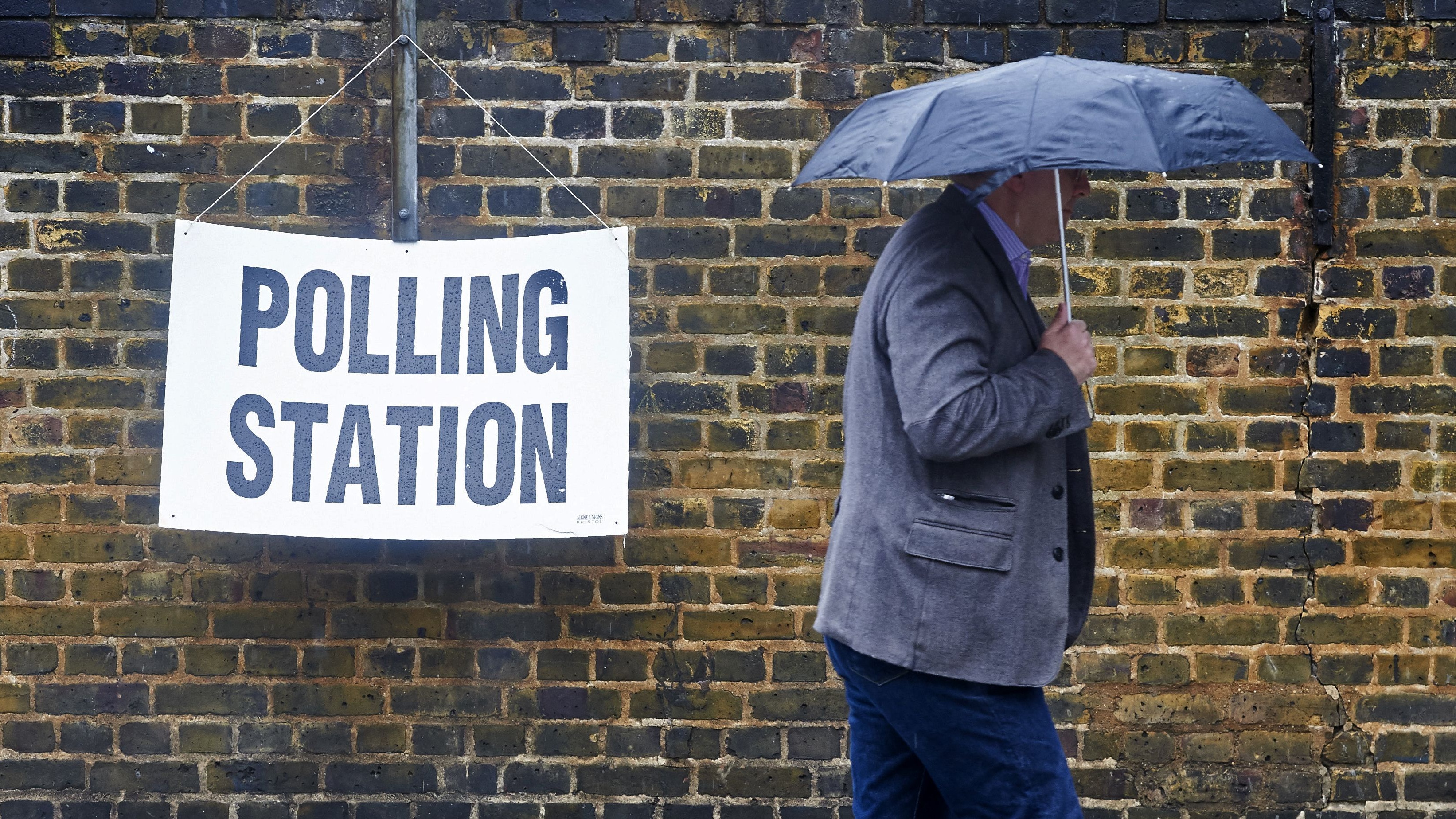Elections make us miserable, global study reveals
Research spanning 24 European countries finds that polling days cause dissatisfaction to rise by 16%

A free daily email with the biggest news stories of the day – and the best features from TheWeek.com
You are now subscribed
Your newsletter sign-up was successful
If you’re feeling fed-up following the flurry of elections in recent years, new research suggests that you are not alone.
According to a landmark study of 30 years’ worth of polls of more than a million adults in a total of two dozen European countries, national elections cause dissatisfaction to rise by an average of 16%.
Study author Dr Nicolas Schreiner, a research fellow at Switzerland’s University of Basel, “has calculated that that figure is roughly equivalent to the drop in collective happiness expected if one in eight people suddenly became unemployed, or if one in six married couples divorced overnight”, The Times reports.
The Week
Escape your echo chamber. Get the facts behind the news, plus analysis from multiple perspectives.

Sign up for The Week's Free Newsletters
From our morning news briefing to a weekly Good News Newsletter, get the best of The Week delivered directly to your inbox.
From our morning news briefing to a weekly Good News Newsletter, get the best of The Week delivered directly to your inbox.
“I’m not saying that elections are a bad thing,” Schreiner told the newspaper. “But there is something fundamental about them that makes us unhappy.”
The findings vindicate “Brenda from Bristol”, a member of the UK public whose incredulous reaction to the prospect of a fresh general election became a viral hit back in 2017. After being approached in Bristol by the BBC and asked to comment, she replied: “You’re joking - not another one!”
The new study comes hot on the heels of a separate research project in the US that found that political polarisation is having “far-reaching impacts on American life, harming consumer welfare and creating challenges for people”, the Daily Mail reports.
The US research, outlined in a paper in the Journal of Public Policy & Marketing, found that partisan rancour is making Americans poorer by “limiting their job choices, lonelier and more isolated by cutting off friendships, and even less physically healthy”, the paper says.
A free daily email with the biggest news stories of the day – and the best features from TheWeek.com
“Ultimately, polarisation harms mental and physical health, financial welfare, relationships and societal interests through its impact on psychology, marketing and public policy outcomes,” said study co-author David Sprott, dean of the University of Washington’s College of Business.
Chas Newkey-Burden has been part of The Week Digital team for more than a decade and a journalist for 25 years, starting out on the irreverent football weekly 90 Minutes, before moving to lifestyle magazines Loaded and Attitude. He was a columnist for The Big Issue and landed a world exclusive with David Beckham that became the weekly magazine’s bestselling issue. He now writes regularly for The Guardian, The Telegraph, The Independent, Metro, FourFourTwo and the i new site. He is also the author of a number of non-fiction books.